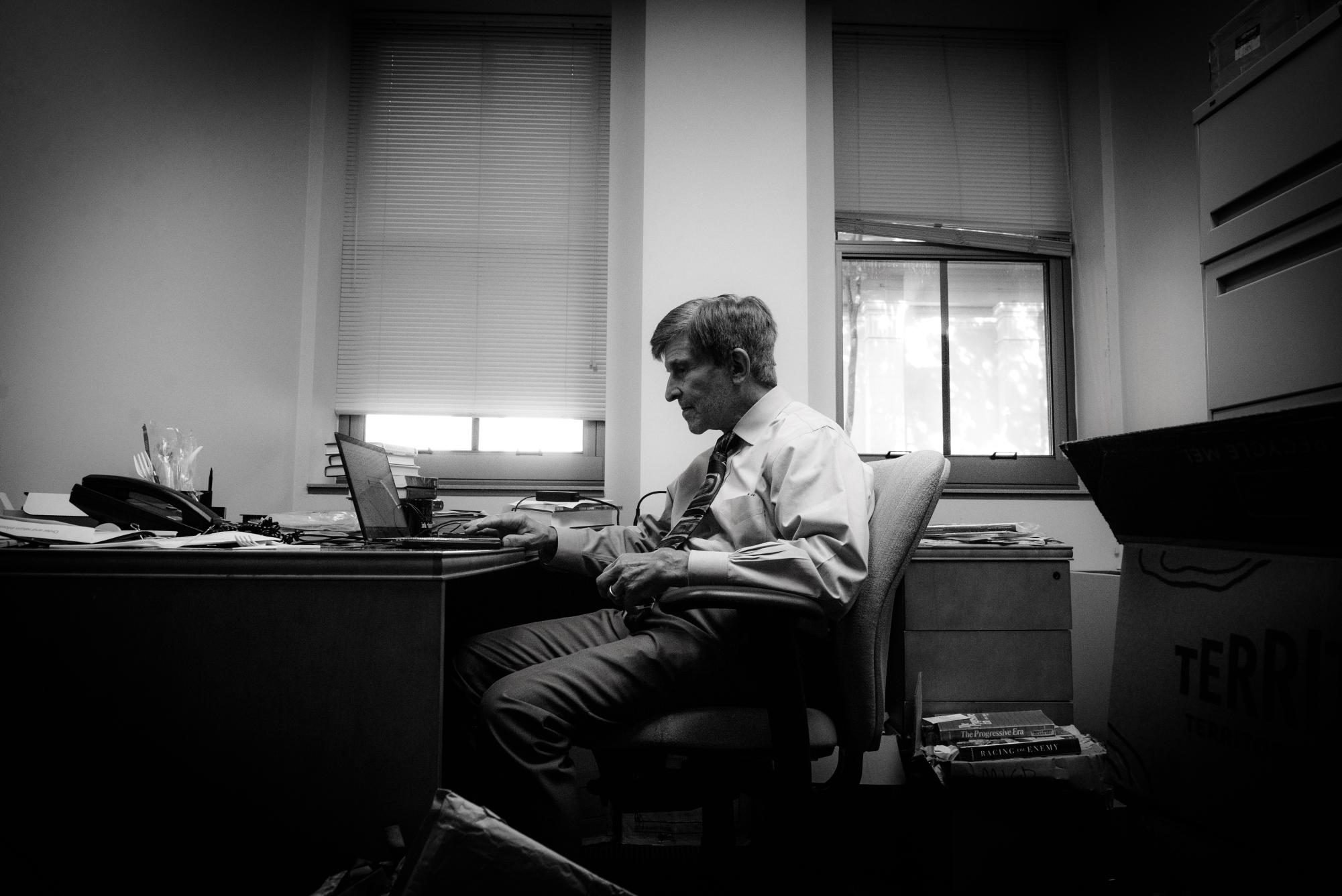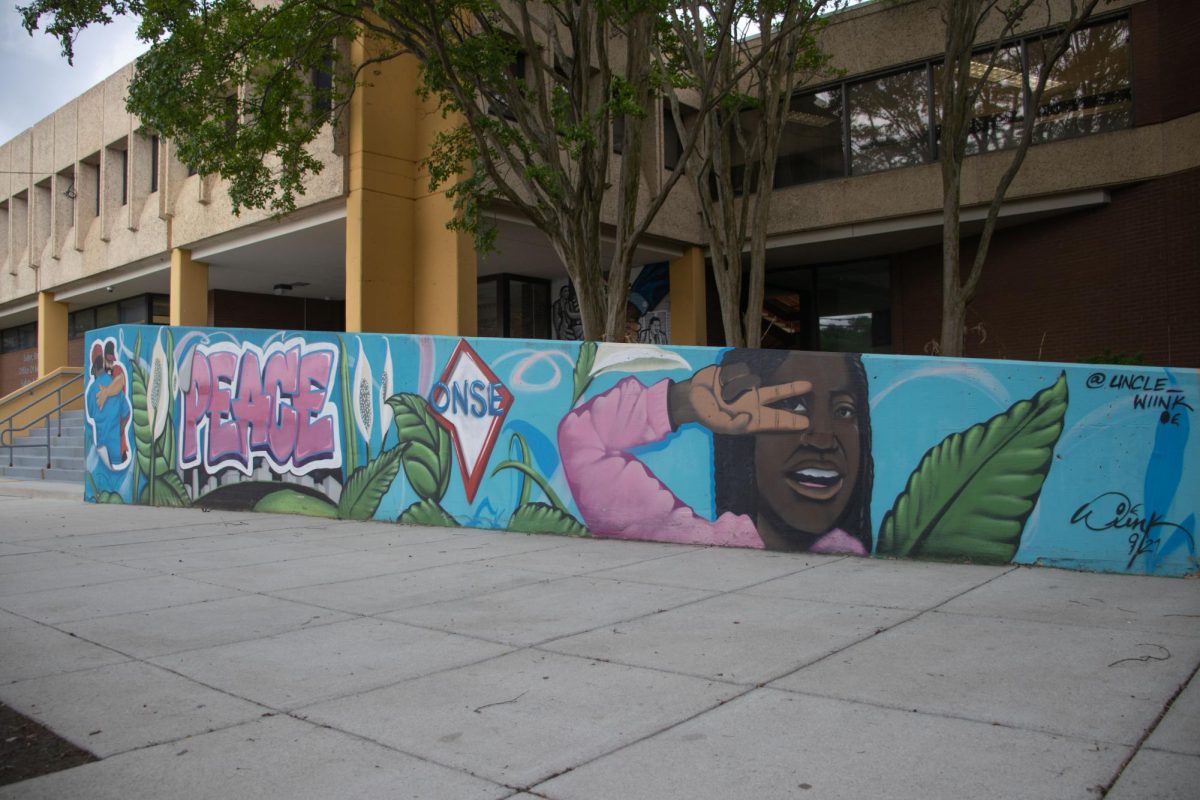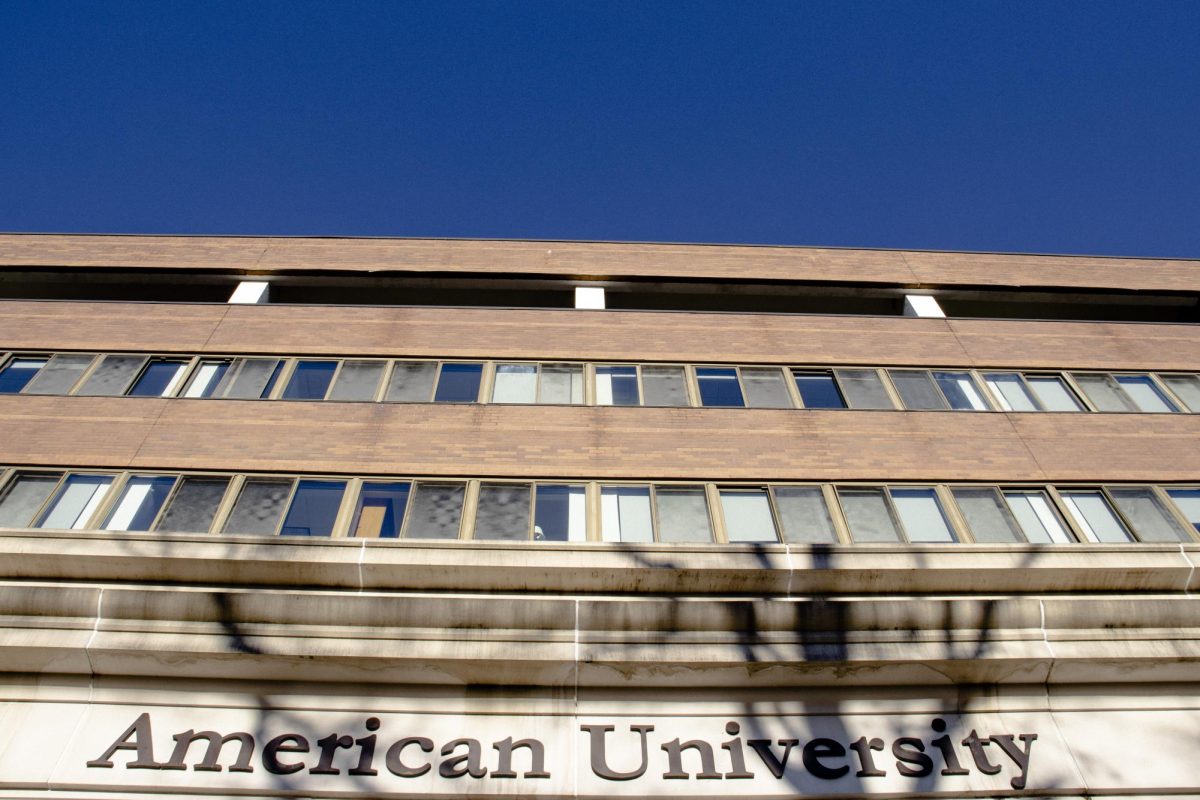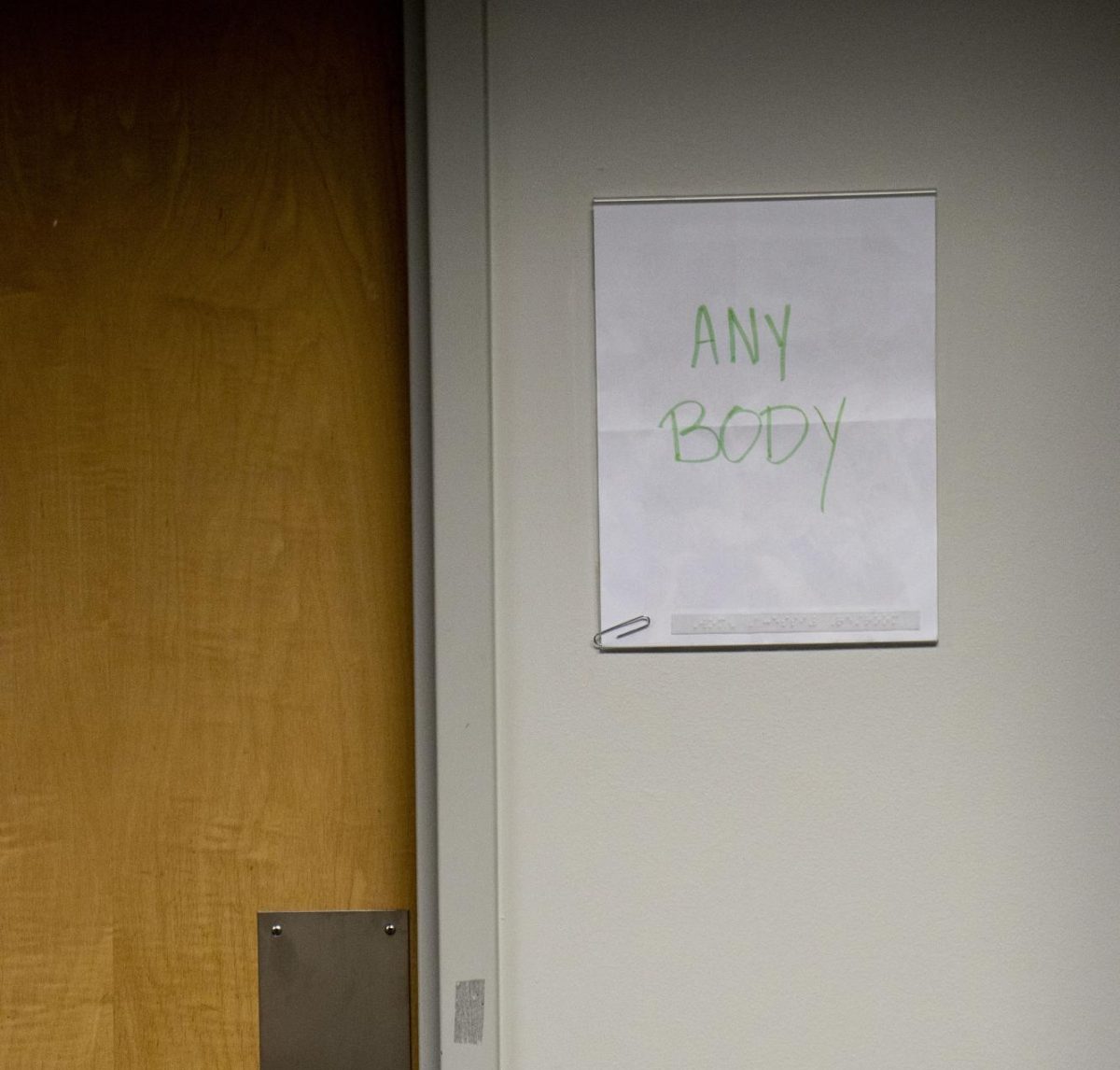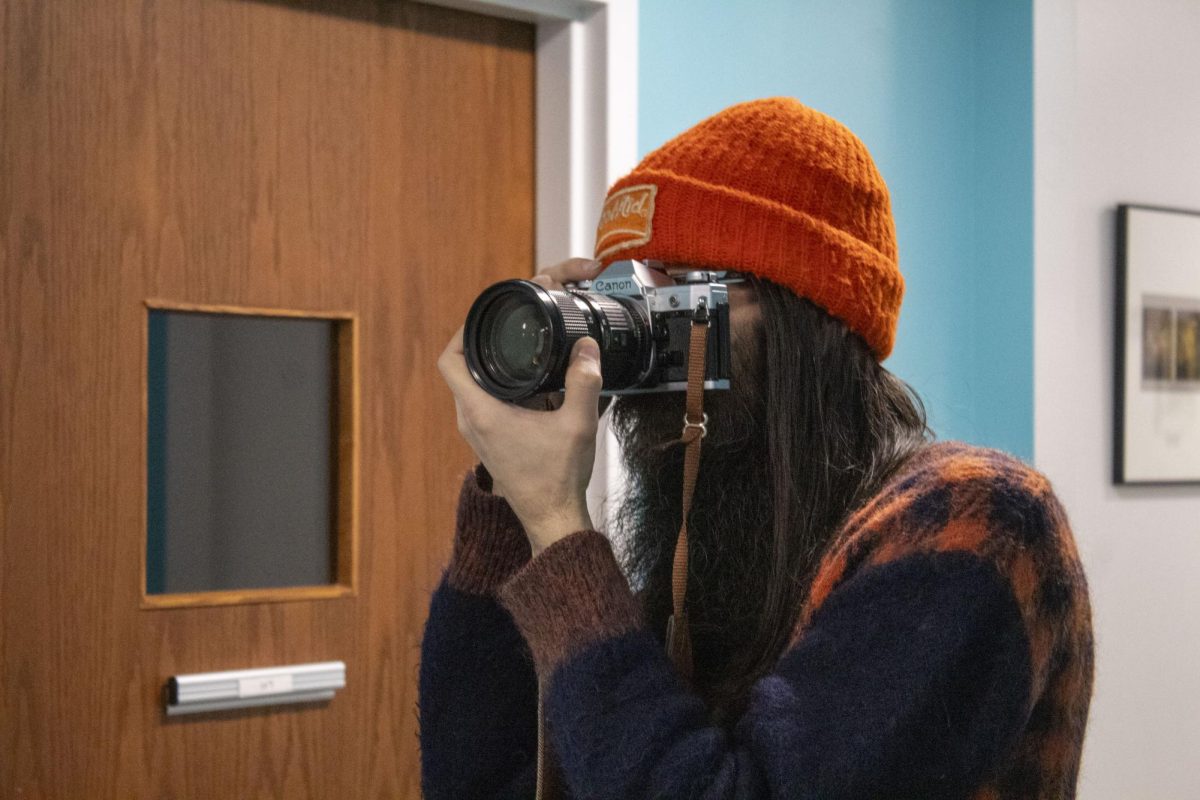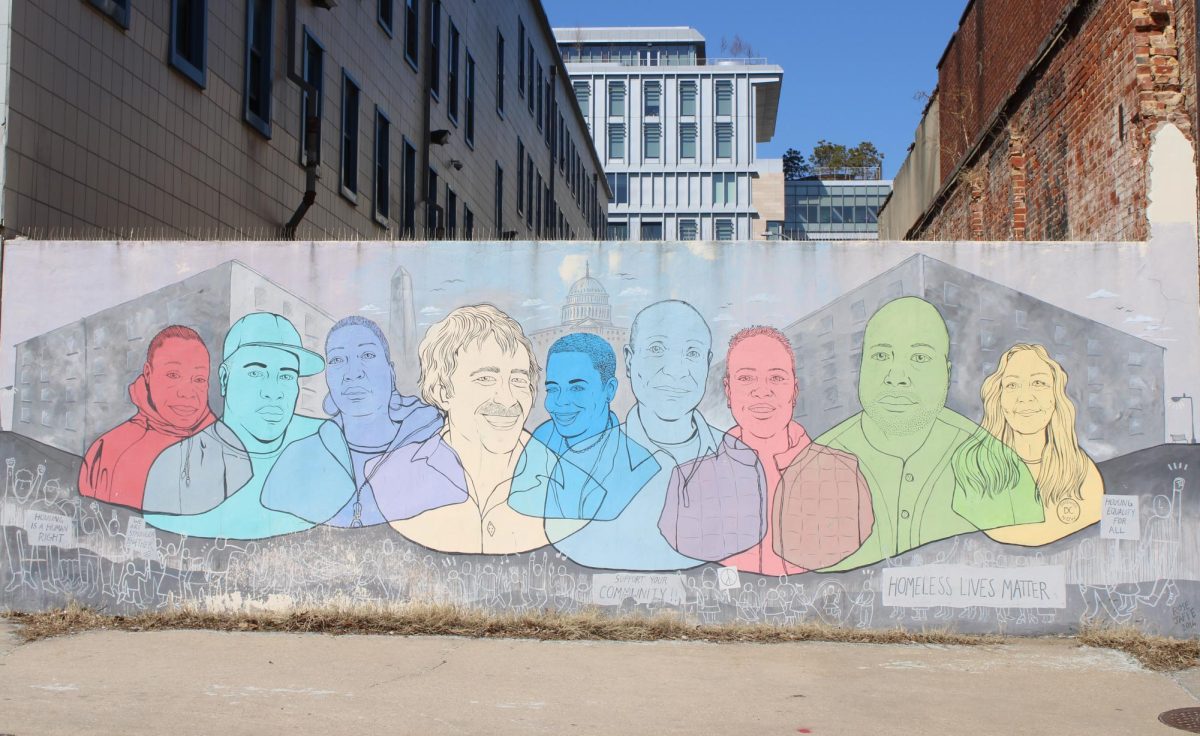Allan Lichtman was always on a track to be a doctor. He made it through Brandeis University’s pre-med program, even though he fainted at the sight of blood and was clumsy in the laboratory. But in his senior year of college, Lichtman walked into the dean’s office and said he was dropping out of the medical program to pursue history instead.
“The dean looked at me, got this strange look in his eye, and said, ‘Lichtman, you’re crazy,’” Lichtman said.
Now decades later, Lichtman, a distinguished professor of history at American University, has made a name for himself as a historian, accurately predicting nine out of the last 10 presidential elections.
After Brandeis, he went to Harvard University, where he got a PhD in modern American history.
“I chose history grad school because as a historian, you can study anything,” Lichtman said.
He found the next step after graduate school was academia, which he believed would be the best path to a career in history.
“That way, I’d be around young people, I could teach and, at the same time, do all my research and be what’s called a public historian,” he said.
Public historians interpret history to help people develop current projects and understand present-day issues, according to the National Council on Public History. Lichtman uses his knowledge of public history in all of his research, including when creating his famous “Keys to the White House.”
Lichtman’s “Keys to the White House” is a presidential election prediction system that has correctly forecasted the winner of every presidential election since 1984 – except in 2000, when he predicted the popular vote winner, Al Gore, according to his faculty profile.
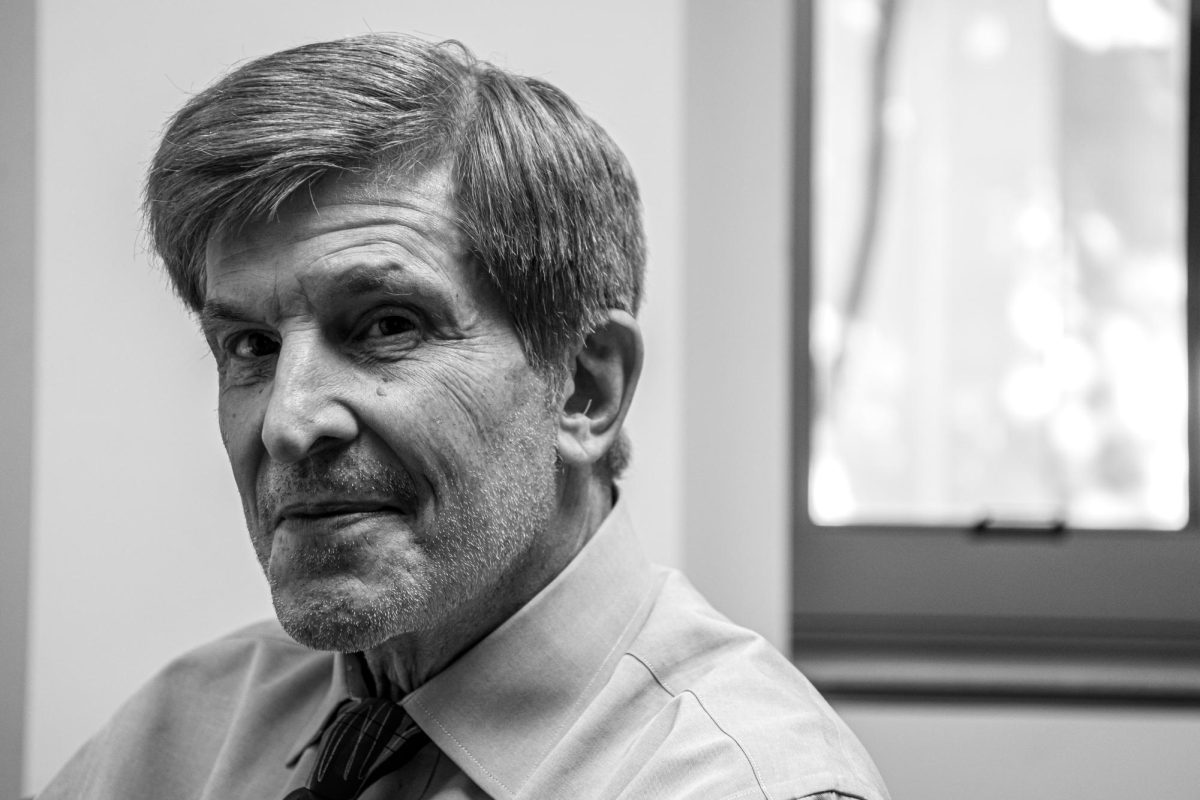
The system is based on 13 true or false questions, referred to as keys. If eight or more of the keys are true, the party in the White House is predicted to win the election; if less than eight are true, the challenger wins. The keys include questions about social unrest, economic strength and the qualities of the candidates, according to an article by Lichtman published by the National Council for the Social Studies.
“I’d love to tell you I came across the ‘Keys to the White House’ by ruining my eyes in the archives and deep, brilliant contemplation,” Lichtman said. “But if I were to tell you that, to quote the late, not-so-great Richard Nixon, ‘That would be wrong.’”
Lichtman said he conceptualized the keys, and became a political forecaster, when he met Vladimir Keilis-Borok, a mathematician and expert in earthquake prediction, in 1981.
“It was his idea – not mine – that we become the odd couple of political research; using his methods of pattern recognition and my knowledge of history, politics and the presidency, to develop a model to predict presidential elections,” Lichtman said.
The pair examined every presidential election from 1860 through 1980 to formulate their first prediction in the 1984 election, correctly predicting the election of Ronald Reagan.
“We used Keilis-Borok’s method of pattern recognition to see what patterns in the political environment were associated with stability and earthquake,” Lichtman said.
Every four years, someone approaches Lichtman and tells him he needs to change the keys because of the historic nature of that election. Lichtman has a quick rebuttal.
“You can’t change a model on the fly,” Lichtman said.
Lichtman said that his predictions are capable of being incorrect.
“I can be wrong,” Lichtman said. “I’m a human being. Any human being can be wrong. My system is based on history. I’m not psychic Jeane Dixon with a crystal ball.”
The system garners national attention every general election season due to a public fascination with its accuracy.
Last month, in an article published in the New York Times, Lichtman posted his prediction for this year’s presidential race: Vice President Kamala Harris will win the White House. In his prediction, eight keys were determined true, with three keys false. Two keys, both regarding foreign policy, were uncalled.
The prediction has nothing to do with his own political views, Lichtman said, and is not intended to be an endorsement. Still, Lichtman said he is very critical of former President Donald Trump, adding he has no doubt that the Republican presidential candidate will try to overturn the results of this election if he loses.
“I believe Donald Trump poses an existential threat to American democracy,” Lichtman said. “People don’t realize how close he came to destroying our democracy with that insurrection on January 6th.”
Lichtman said he’s received more backlash over his prediction this cycle than usual.
“I’m getting much more hate than I ever had before, and I think that is indicative of the fact that our politics is much more toxic now than it has been before,” Lichtman said.
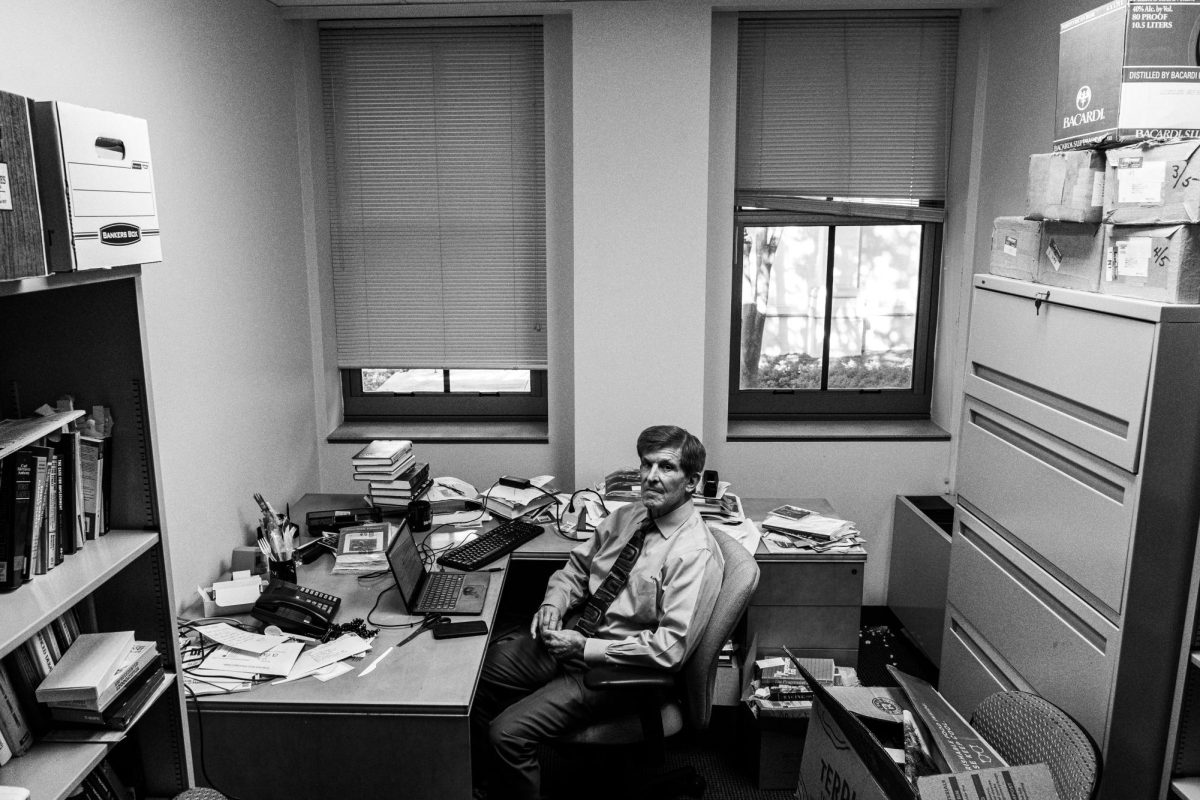
Lichtman said he often reminisces to a time when politics were civil and cordial, like the 1960 presidential debates between John F. Kennedy and Richard Nixon.
“You could see the two candidates really respected one another and were not hurling insults or personal attacks,” Lichtman said. “Just compare that to the way modern campaigns have evolved.”
Throughout college, Lichtman involved himself heavily in debate, serving as captain of his high school team before leading the debate team at Brandeis. He later took on the role of coach for Harvard’s debate team. Arguing for positions in debate taught Lichtman the art of explaining.
“It teaches you how to express yourself in ways that people can appreciate and understand,” Lichtman said.
Those lessons from debate have lasted him throughout his life, playing a role in his research, writing and teaching, and as a professor at AU, he said.
Every four years, with his explaining skills, Lichtman re-enters the national conversation through appearances on television and other media platforms.
Lichtman also has a YouTube channel, boasting over 115,000 subscribers, which focuses on politics and history. On the platform, he co-hosts a show, “Lichtman Live,” with his son, and said it is a dream to work with him.
“He’s 2,000 miles away, but this is a means twice a week for the two of us to connect, even though we’re separated by all of this distance, and that means a lot,” he said.
Lichtman has been teaching at AU since 1973. He calls the university his “base.”
“It’s the place I love to be,” Lichtman said. “It’s really important to have a base, and to have this base at American University has led me to do all this research and writing, and all of this public outreach, and all of this political prediction that spread so far.”
Teaching at other institutions, he said, is off the table.
“I’ve ripped up all offers to go anywhere else because I really like it and I really like the students,” Lichtman said. “I love being around American University students. It’s kept me young.”


